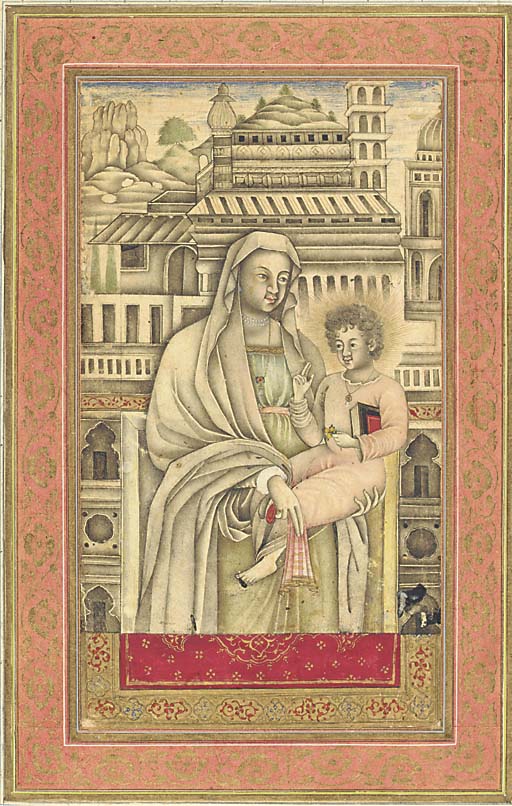FWP:
SETS == A,B; EXCLAMATION
ABOUT the 'ALWAYS CONSTRUCTION': The first line of this ghazal offers a textbook case of what I call the 'always construction'; I don't know whether it even has another name. This construction is discussed by C. M. Naim in his Urdu textbook as 'item 181'. In the present ghazal, besides this verse it also appears in {215,4}. Some additional examples: {46,6};
{151,1}; {151,6}; {151,9}; {214,14x}; {420x,7}.
This ghazal and the preceding one, {214}, share common rhyming elements and a common refrain: this means that they are ham-zamiin , and have a common ground. But they don't have the same meter, so they're not ham-:tar;h or 'pattern-sharing'. All ham-:tar;h verses could be, formally speaking, part of the same ghazal; but this isn't true of ham-zamiin ones. In the glossary of Nets of Awareness, I defined zamiin as though it were :tar;h , and I'm truly sorry for this piece of carelessness.
This verse is a prime example of what I call 'A,B' construction. It is maximally inshaa))iyah and exclamatory, and there are so many possible ways of putting its two lines together! Here are some:
='What do I care whether anyone becomes a 'Son of Mary' or not? All I want is someone to cure my sorrow!'
='What do I care if anyone becomes a 'Son of Mary'? That's easy! The hard thing is to cure my sorrow.'
='If someone seeks to become a real 'Son of Mary', then let him show his power by curing my sorrow.'
='If anyone would cure my sorrow, he'd be a real 'Son of Mary'.'
='If only someone would become a 'Son of Mary', and would cure my sorrow!'
='If only some 'Son of Mary' would appear in the world, and would cure my sorrow!'
='Curing my sorrow is so impossible that it's about as likely as having a 'Son of Mary' appear in the world.'
It's hard to capture the colloquial flavor of hu))aa kare ko))ii . I've used 'go ahead and' to give a hint of the somewhat petulant, cross, 'so-what!' flavor that it can have. But it doesn't always have such a sense; it can also sound quite straightforward.
Compare {360x,6}, with its similarly ambiguous relationship between 'a single pain' and 'a hundred medicines'.
My friend Vijay Seshadri, a fine poet, has had a go at translating this ghazal, and has authorized me (June 2023) to add his version to the website:
As easy to become the Son of Mary as to
cure me of my sorrow.Divine law, human law, both can subdue killers.
But killers like her?Aplomb like that, piercing, deadly, indifferent.
A heart like that, a mansion for nothing but itself.When she speaks, my tongue is baffled.
When she speaks, she can only be listened to.Insanely I babble.
Pray God no one understands me.I won’t hear myself abused,
but neither will I report the abuse.Tell her to her face if she lies about you, but
forgive her if she abuses you.Who doesn’t have needs this desperate?
Who or what could supply them?You’ve learned to let hope pass you by, Ghalib.
So why does someone like you still whine?
A European-influenced Madonna and Child, 1700's, from an album in the collection of Warren Hastings:

Nazm:
That is, if there is some Jesus of the time, then let him be so-- if he would cure my pain, then I'd believe it. (244)
== Nazm page 244